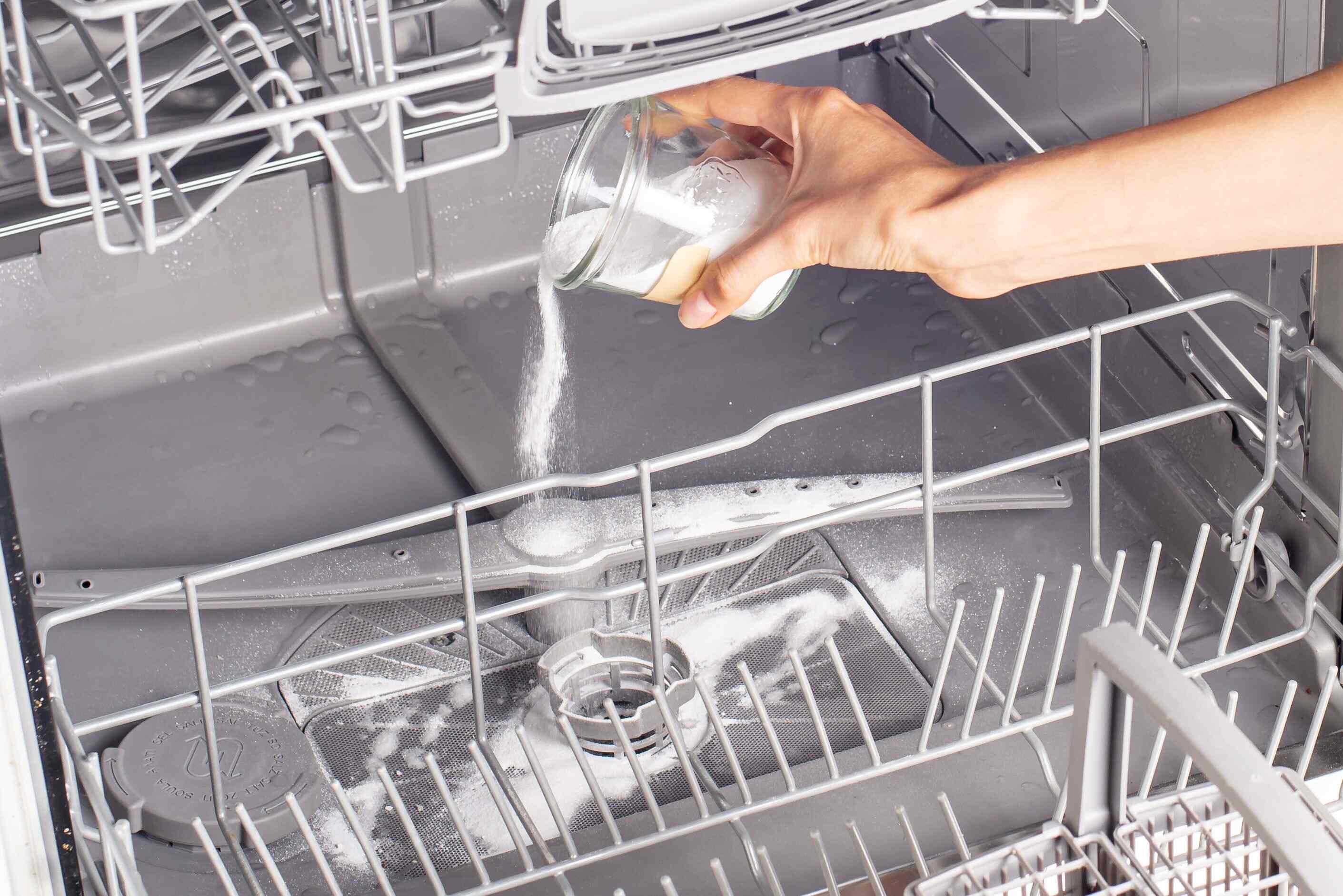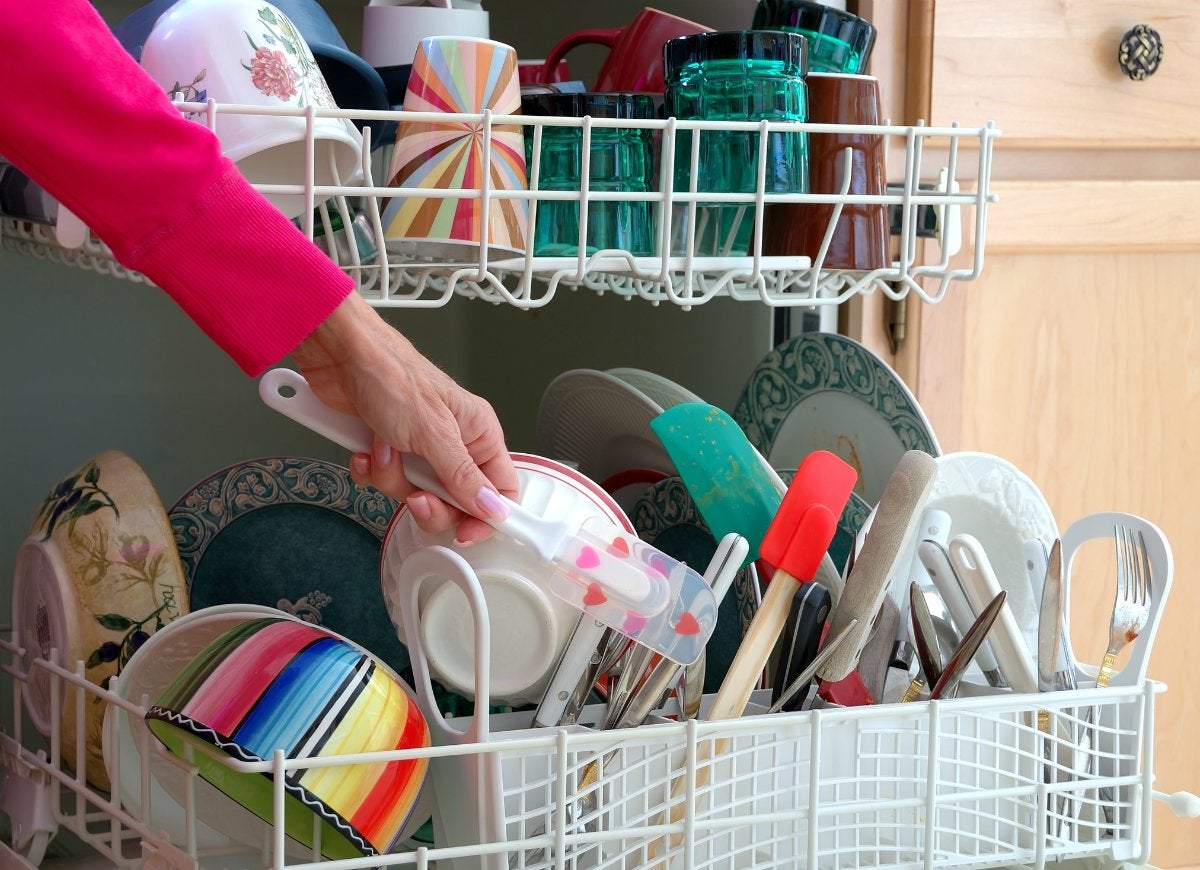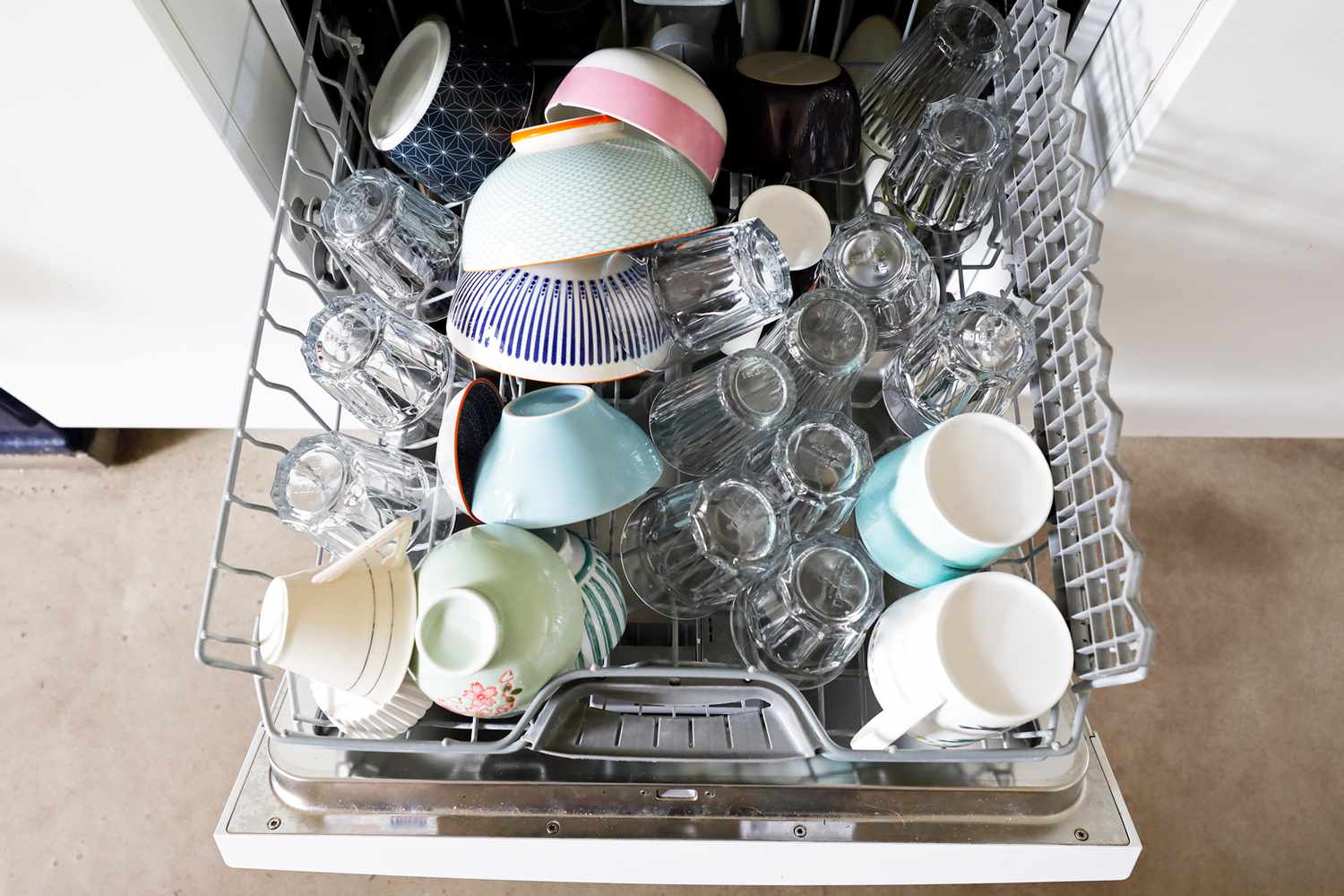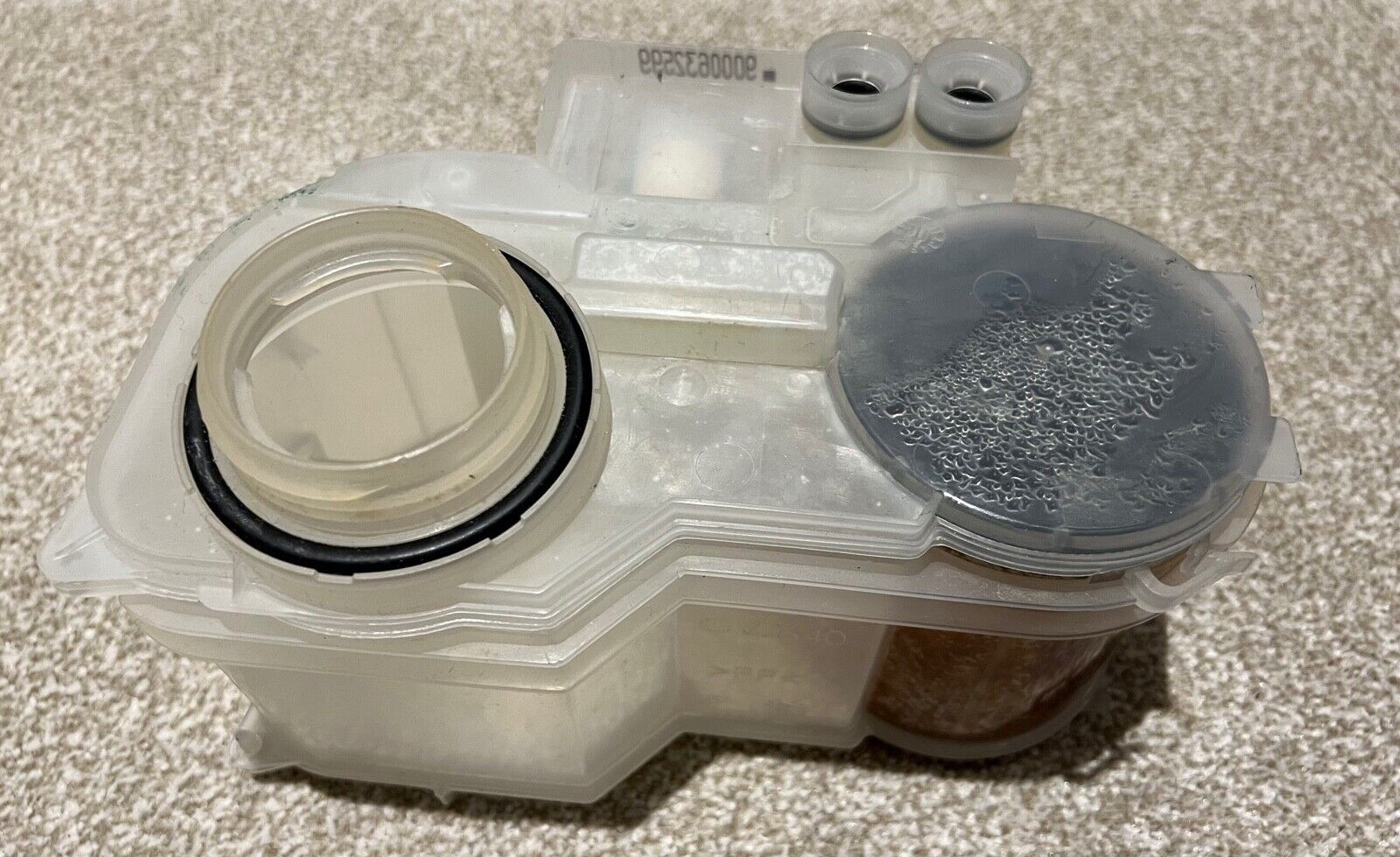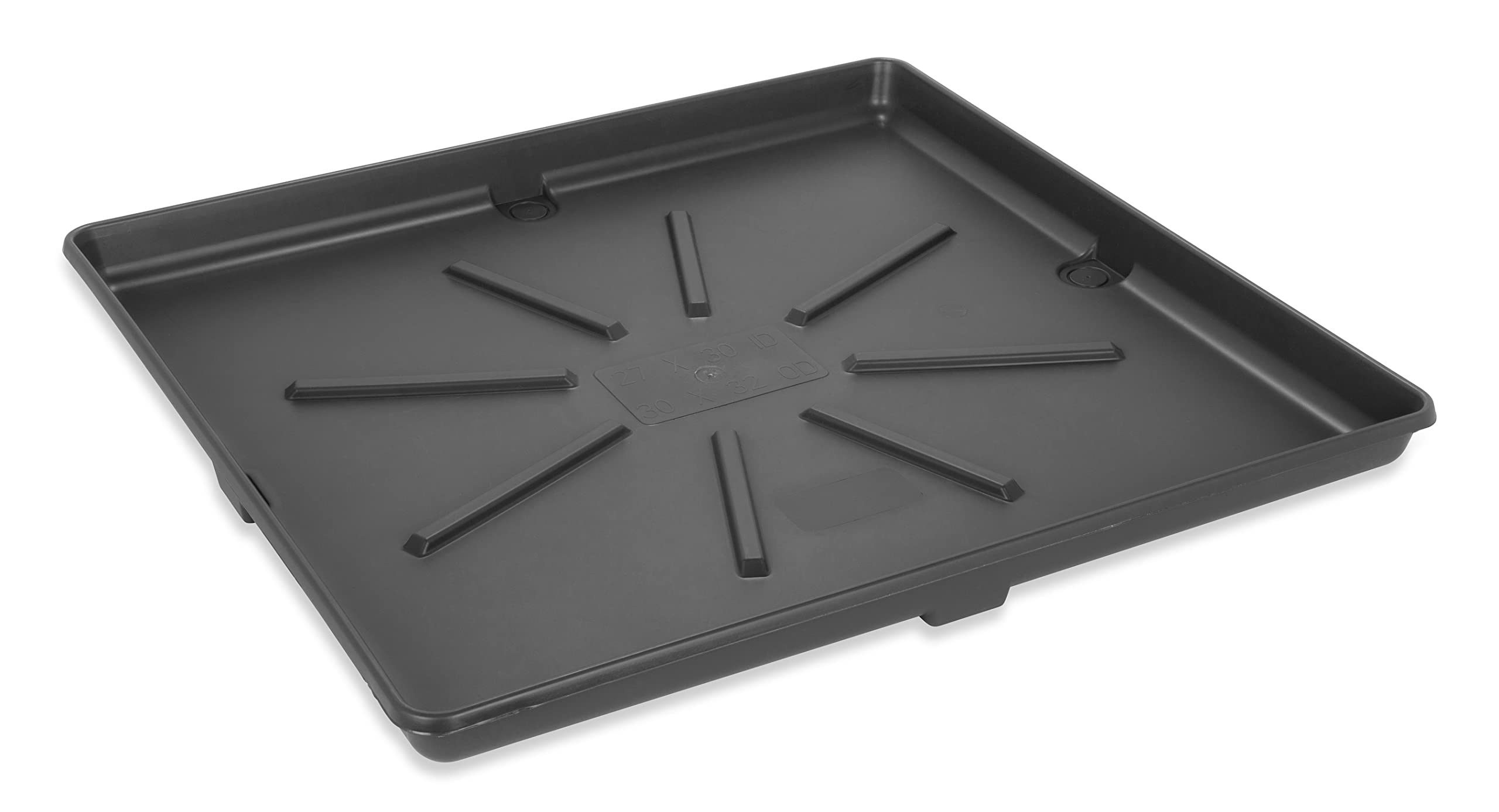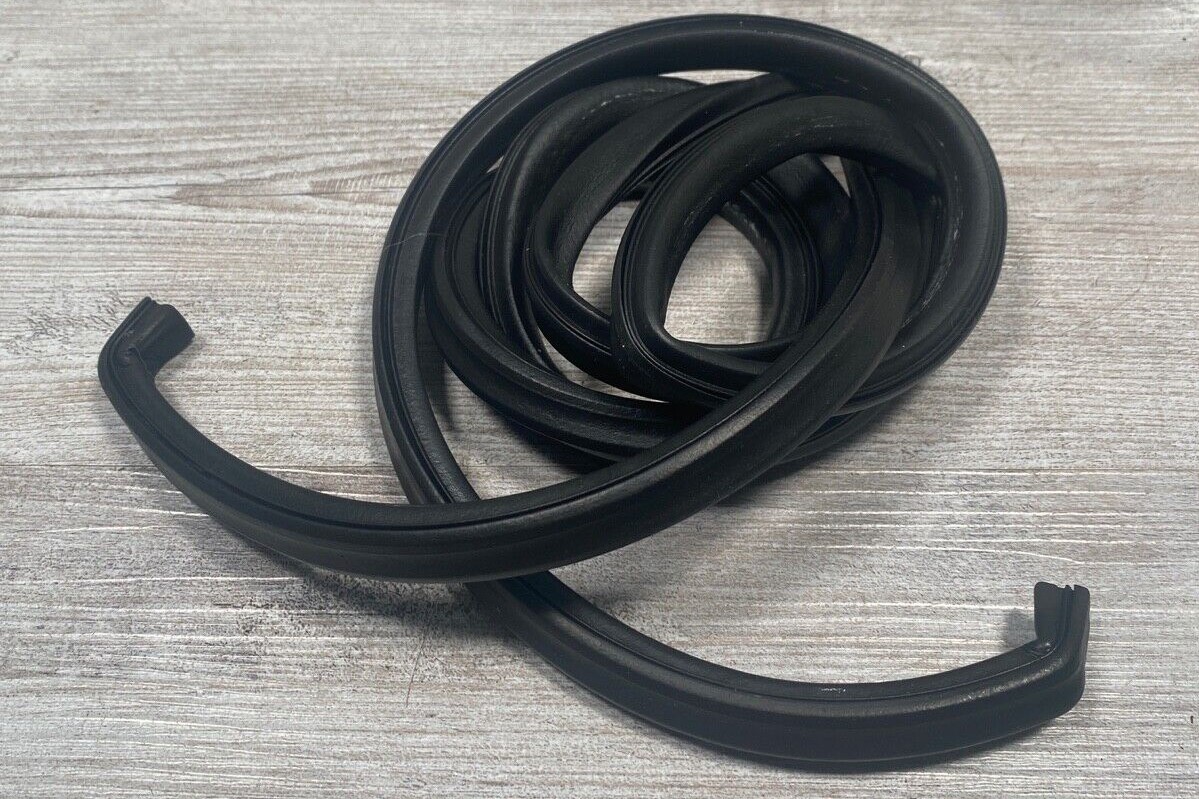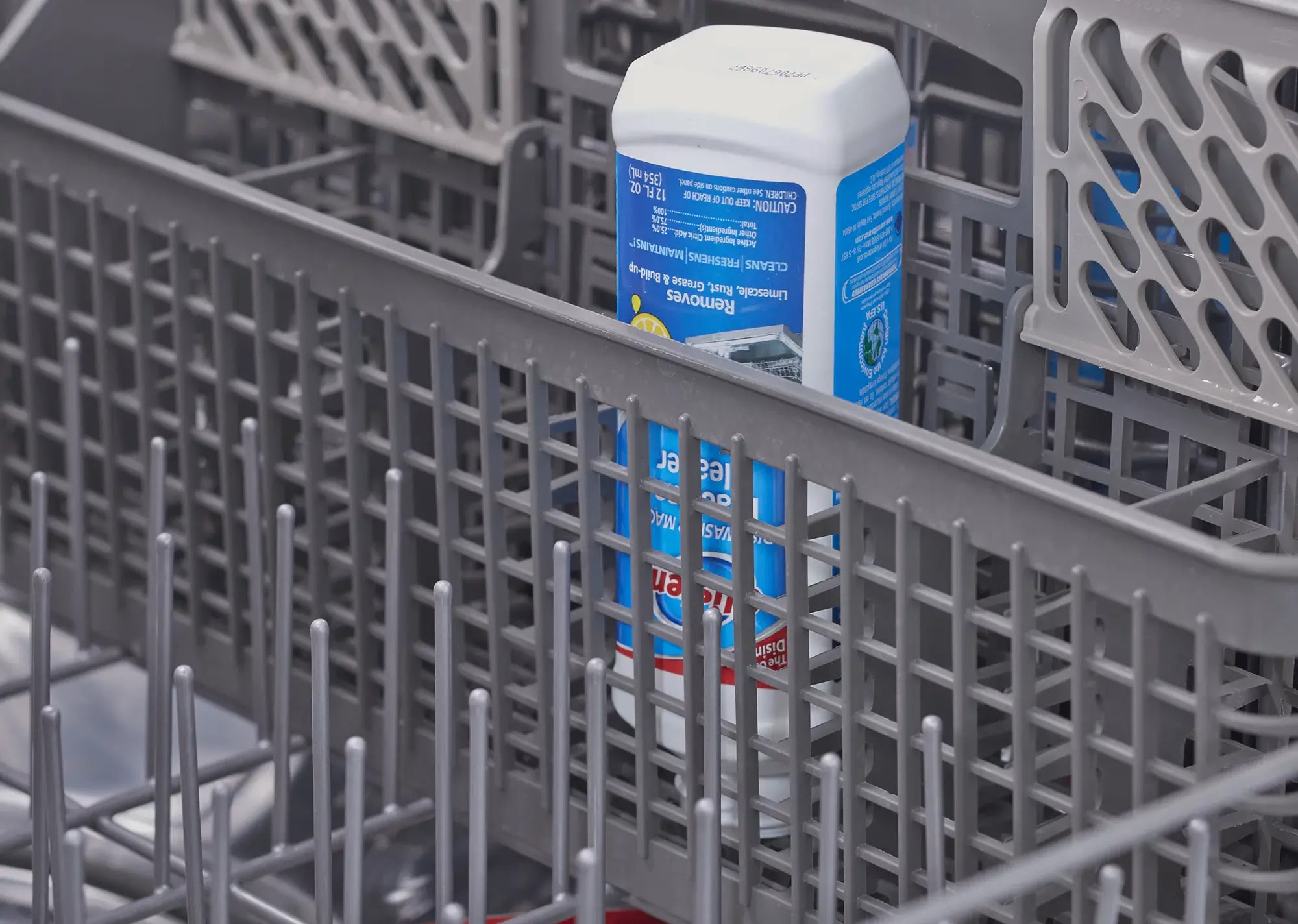Home> Dishwasher Maintenance
Dishwasher Maintenance Hacks: Tips & Tricks for a Sparkling Clean!
Keep your dishwasher running smoothly with these maintenance hacks. Discover tips and tricks for a sparkling, clean dishwasher!
How To Clean A Dishwasher To Remove Buildup And Soap Scum
By: Daniel Carter • 45 Best Kitchen Storage Ideas You Can't Miss Out On
This Dishwasher Maintenance Trick Will Save You A Service Fee
By: Benjamin Parker • Interior Design
